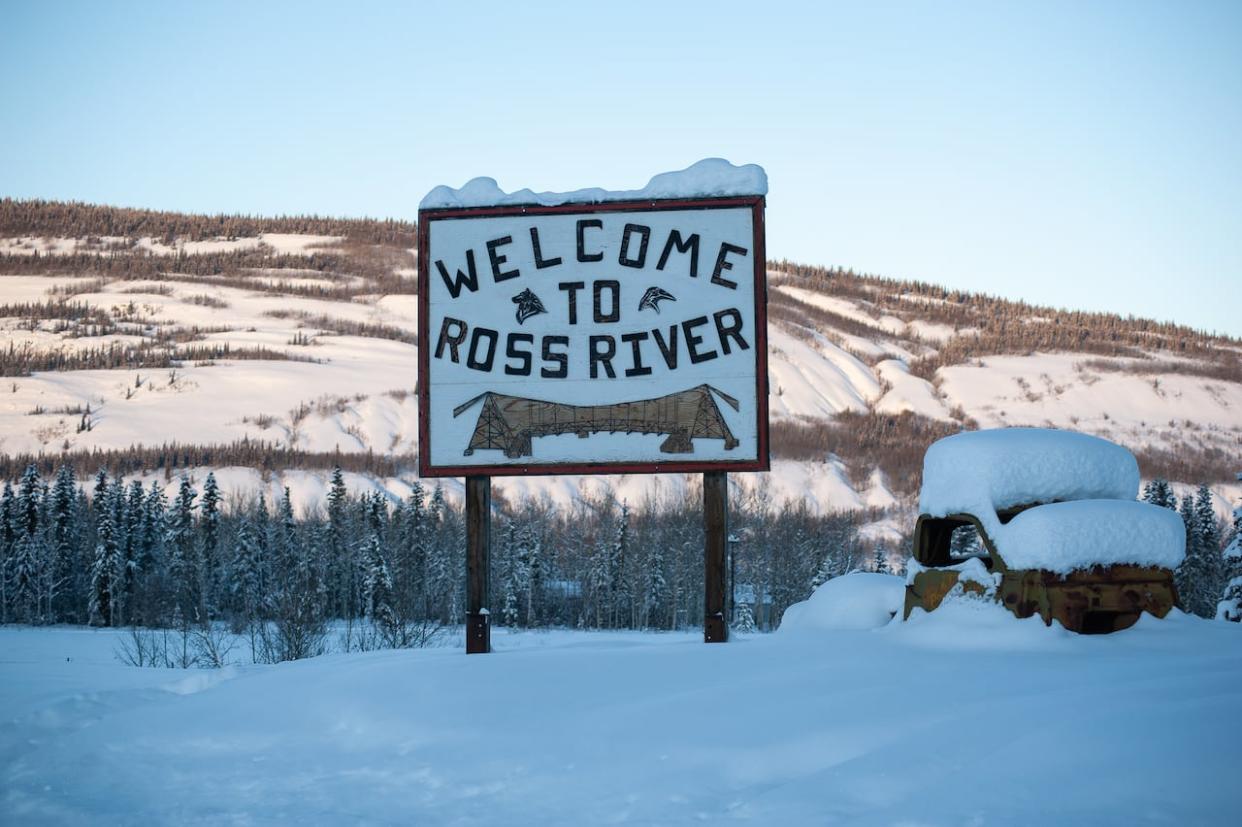Ross River Dena Council appeals court ruling that consultation on mine project was mostly adequate

The Ross River Dena Council is appealing a court decision that said the Kaska Nation was, for the most part, adequately consulted on the Kudz Ze Kayah mining project in the Yukon.
The First Nation, in a notice filed to the Yukon Court of Appeal on Feb. 1, is asking for last month's ruling by Yukon Supreme Court Chief Justice Suzanne Duncan be set aside, and for its appeal to be heard on an expedited basis.
The notice continues a legal battle over the proposed development of the Kudz Ze Kayah site, a lead-copper-zinc mine set to be located in southern Yukon between Ross River and Watson Lake on Kaska traditional territory.
The Ross River Dena Council (RRDC), on behalf of the Kaska Nation, took the Yukon and federal governments to court in 2022 after they approved the project to move into the regulatory phase following an environmental and socio-economic assessment. RRDC alleged the Crown did not meet its duty to consult with Kaska beforehand, and argued that the approval should be quashed.
During a six-day hearing last spring, lawyers for the First Nation emphasized the importance of the area to Kaska, describing it as sacred land and a "bread basket" that could be irreparably damaged. Despite that, they alleged, territorial and federal government bodies undertook an unfair and incomplete consultation process that didn't allow Kaska First Nations to provide proper input.
The Yukon government, the attorney general of Canada, and project proponent BMC Minerals Ltd., meanwhile, argued that they'd consulted the Kaska Nation thoroughly and fairly, even as, they claimed, affected First Nations "pushed the envelope on consultation to the extent that it was near-frustration."
Duncan, in her 114-page decision, largely sided with the Yukon and Canada, finding that adequate consultation had taken place on all fronts except one — a written statement from the Kaska Nation submitted in June 2022, one day before territorial and federal bodies issued the approval for Kudz Ze Kayah to move ahead.
She ordered the project approval be rescinded and for consultation to take place on the written statement only, with a new decision document to be issued afterwards.
RRDC, in its notice of appeal, argues that Duncan "erred in her assessment of the Crown's constitutional duty to consult, the adequacy of that consultation, and the remedy to be granted" to the Kaska Nation.
Besides having Duncan's decision set aside, the First Nation is asking the appeal court to quash the 2022 approval and to issue an order for Canada and the Yukon to "complete meaningful and deep consultation with the Kaska Nation" on Kudz Ze Kayah. It then wants Canada and the Yukon to re-do its decision on whether to approve the project to move ahead, or, in the alternative, for the case to go to a panel hearing before the Yukon Environmental and Socio-Economic Assessment Board.
The Yukon government, attorney general of Canada and BMC Minerals Ltd. had not filed replies as of Monday. A hearing date for the appeal has not been set yet.


